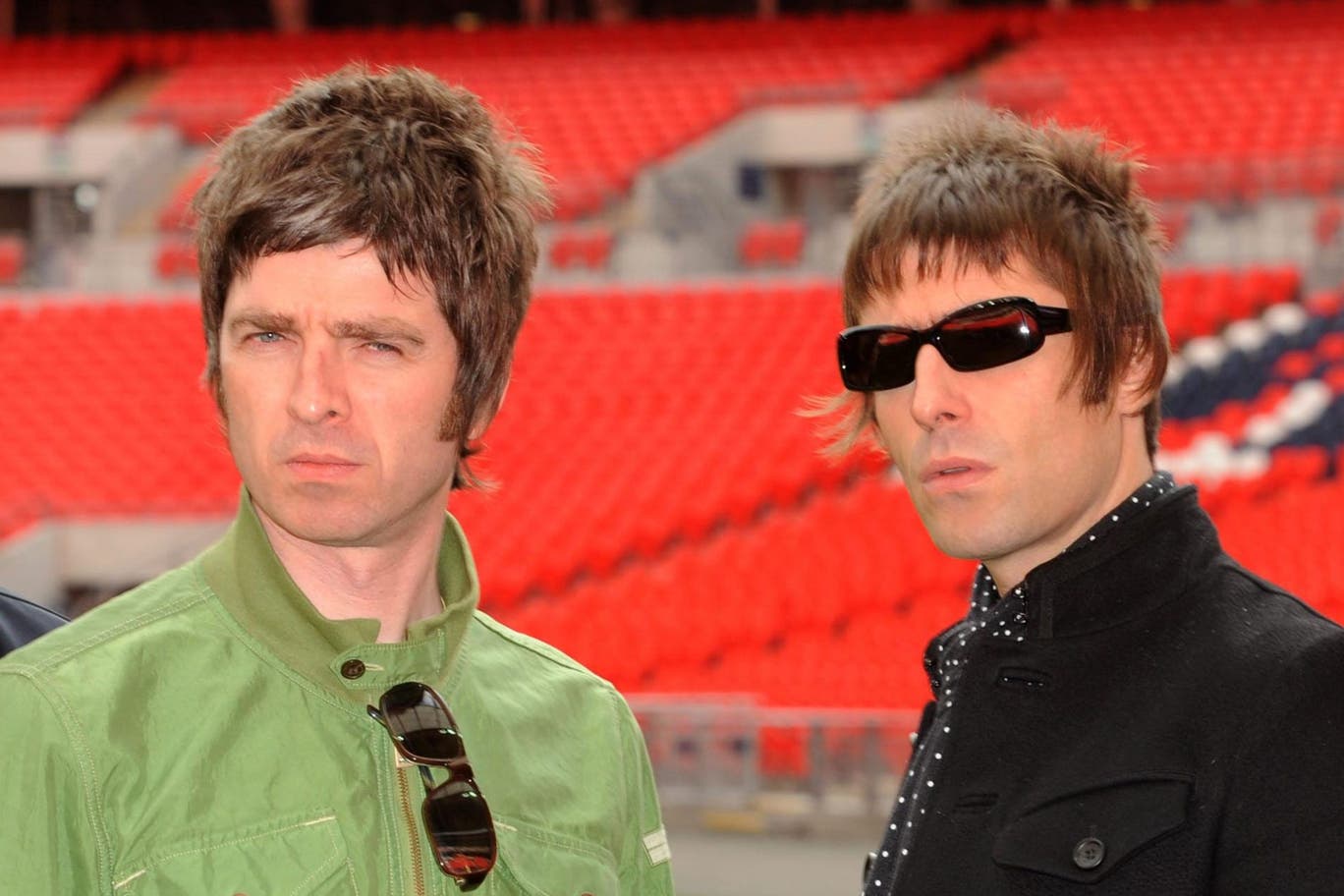Liam Gallagher, the former Oasis frontman, has responded to growing concerns and questions from fans regarding his relationship with Ticketmaster. The controversy erupted after several fans raised doubts about the pricing and availability of tickets for his upcoming shows. Gallagher, known for his no-nonsense persona, addressed the issue head-on in a recent statement, emphasizing that he is simply the artist and not involved in ticket sales or pricing decisions.
In his response, Gallagher made it clear that the responsibility for ticket sales lies with his management and the companies handling those processes, particularly Ticketmaster. He clarified that as the singer, he has no say in how tickets are sold or priced, stating, “I’m just the singer.” His comment was made after fans expressed their frustrations with inflated prices and secondary ticket market issues, which have plagued the live music industry for years.
The situation has drawn attention to the broader issue of ticket scalping and inflated prices. Many fans have expressed dissatisfaction with the rising costs of attending concerts, often exacerbated by resale platforms like Viagogo and others. These concerns have prompted musicians like Gallagher to speak out against the practices of ticketing giants like Ticketmaster, despite the company’s major role in the industry.
Gallagher’s reaction comes amid increased scrutiny over the practices of primary ticket sellers. Over the years, high-profile musicians and bands have made statements about their disapproval of the way ticketing companies operate, citing concerns about fairness for fans. Gallagher, however, was firm in his position, reiterating that his focus is on the music and the performance, not the business side of concert promotions.
Fans were particularly vocal following Gallagher’s announcement of his upcoming tour dates, which sold out quickly, leading many to wonder how tickets were allocated. Some speculated that high demand and high pricing could be linked to the scarcity of tickets available on primary platforms. Gallagher responded by reaffirming that the entire process, including pricing and distribution, is outside his control and handled by those managing the logistics of the tour.
Despite the backlash, Gallagher made it clear that he appreciates the support of his fans. However, he urged them not to hold him accountable for aspects of the concert experience that are beyond his reach. “I’m just a bloke who sings,” he emphasized, urging fans to focus on the music rather than the ticketing controversy.
The tension between artists and ticketing companies is nothing new, but it has recently gained more attention as ticket prices continue to soar. Many artists have started to explore alternatives to traditional ticketing methods in an effort to ensure their fans aren’t overcharged. Gallagher, however, seems content with staying out of the business side of things, leaving the negotiations to his team.
As the debate continues, Gallagher’s straightforward approach to addressing the issue serves as a reminder that while musicians often face pressure from fans about various aspects of their careers, certain elements are simply outside their control. For Gallagher, the priority remains delivering great performances and connecting with his audience through his music. Fans will have to take his word for it and trust that his role is purely in the creative space, rather than the business of ticket sales.
